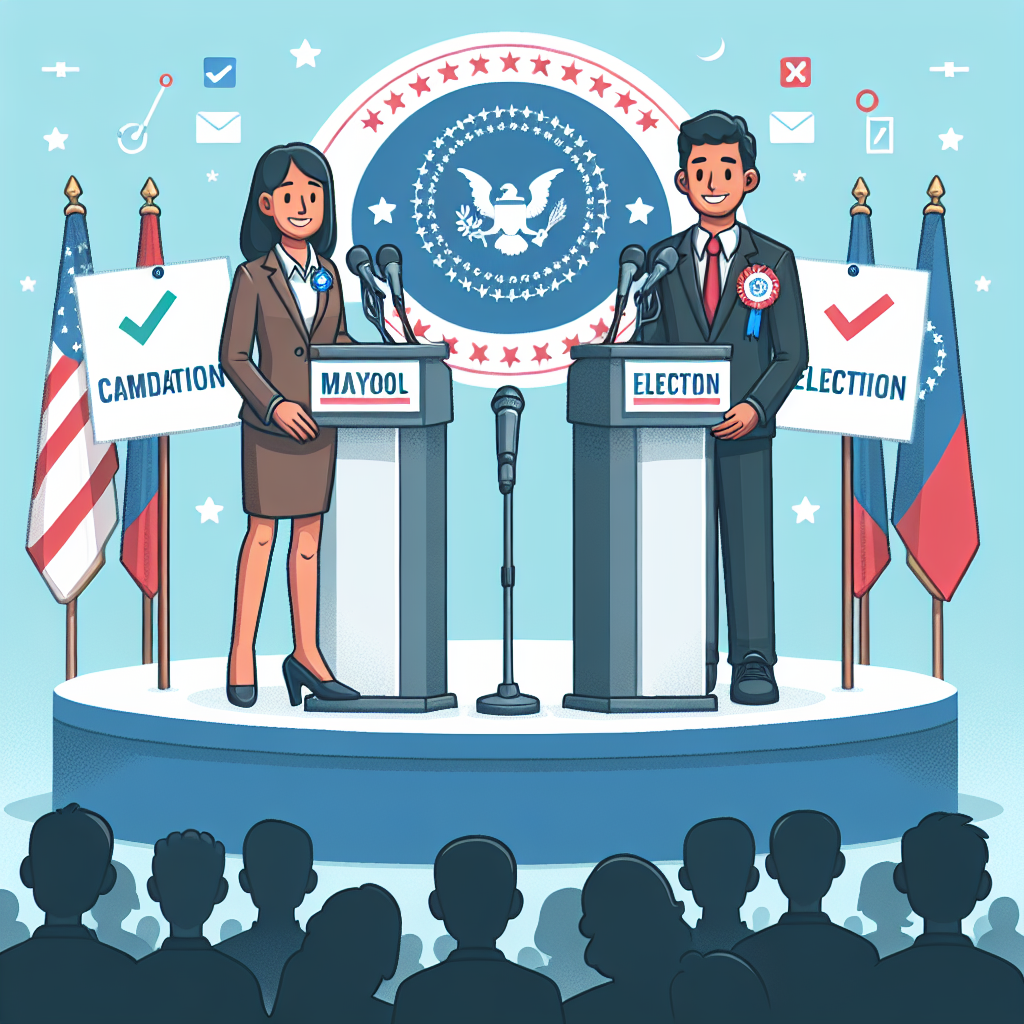Union Cabinet Endorses Simultaneous Polls: A Historical and Analytical Overview
The Union Cabinet has endorsed recommendations to conduct simultaneous polls for the Lok Sabha, state assemblies, and local bodies. Historically, simultaneous elections were held until 1967 but were disrupted over the years due to various factors. The idea has received periodic support from the Election Commission, Law Commission, and other governmental bodies, emphasizing its benefits and feasibility.

- Country:
- India
The Union Cabinet has accepted a high-level panel's recommendations to conduct simultaneous elections for the Lok Sabha, state assemblies, and local bodies, following a nationwide consensus-building exercise. This move has revived discussions on a practice last held in 1967.
Historically, India conducted simultaneous elections from 1951-52 to 1967. During these years, elections for the Lok Sabha and state legislative assemblies were held at the same time, maintaining a synchronized electoral cycle. However, due to various disruptions, this concurrent nature was lost.
Over the years, several governmental bodies, including the Election Commission and Law Commission, have recommended the re-establishment of simultaneous polls. Reports released by these bodies have outlined the potential benefits of synchronized elections and proposed phased approaches for their implementation.
(With inputs from agencies.)
ALSO READ
Mamata Banerjee Blasts Election Commission Over Alleged Errors in Voter Rolls
TMC Challenges Election Commission Over Voter Harassment Claims
Chief Election Commissioner Visits Temples, Discusses Electoral Reforms in Hyderabad
BJP, Shiv Sena, and NCP win 207 posts of municipal council presidents in local body polls: Maharashtra State Election Commission.
Purifying Democracy: Chief Election Commissioner Stresses Voter List Accuracy










